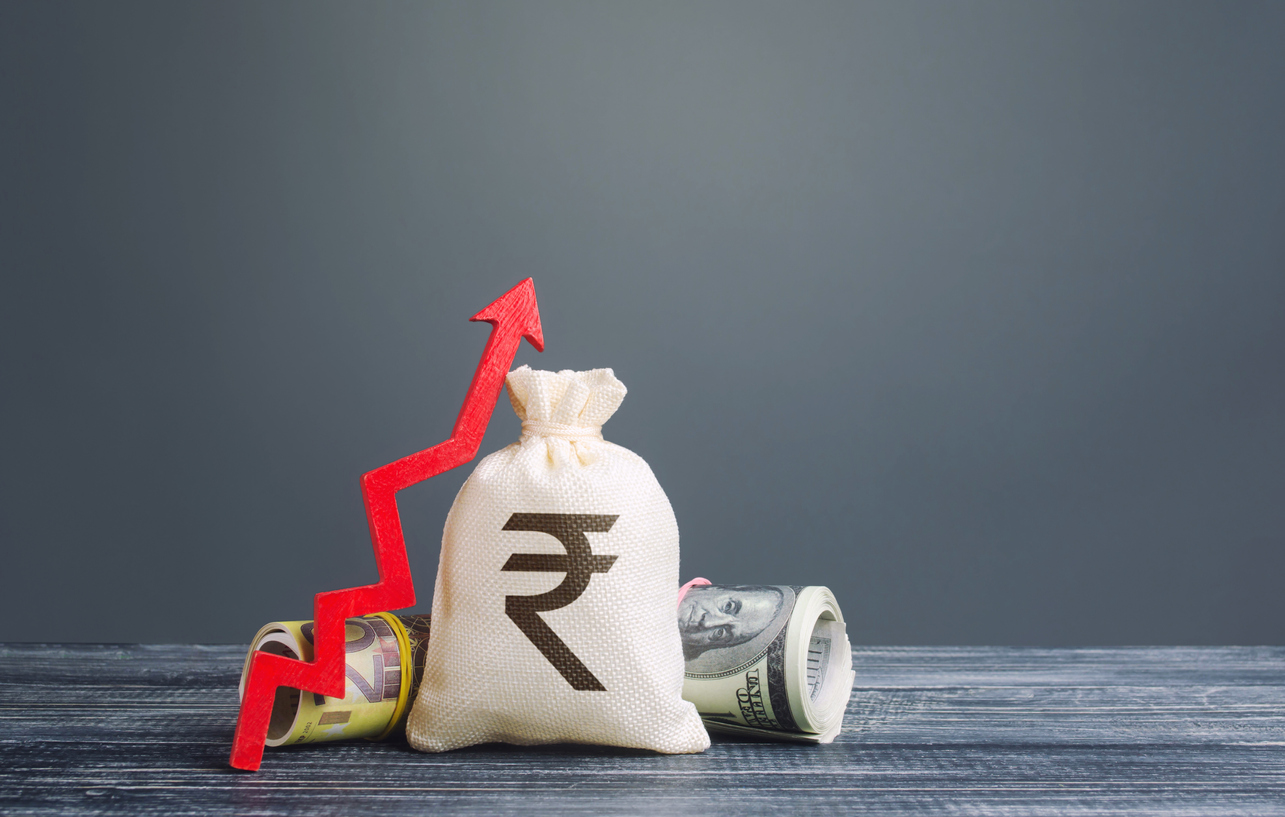
November 12, 2025
The sharp deceleration in inflation was largely driven by a steep fall in food prices, which form nearly half of the consumer price index (CPI) basket
Whole categories such as oils & fats, vegetables, fruits, eggs, cereals and products, and transport and communication saw substantial declines
In addition to the favourable base effect, the government pointed to the impact of recent Goods and Services Tax (GST) rate cuts and easing supply-cost pressures
For the Reserve Bank of India (RBI), which targets inflation at 4% with a tolerance band up to 6%, the data signals a favourable backdrop

India’s retail inflation eased dramatically in October, slipping to just 0.25 % year-on-year, the lowest level in the current data series which began in 2015. In September, inflation had stood at 0.54 % (revised to 1.44 % in the data series).
The sharp deceleration in inflation was largely driven by a steep fall in food prices, which form nearly half of the consumer price index (CPI) basket. In October, food inflation plunged by 5.02 %, compared with a fall of 2.33 % in September. Whole categories such as oils & fats, vegetables, fruits, eggs, cereals and products, and transport and communication saw substantial declines. Vegetable prices alone dropped by 27.57% annually, following a 21.38% fall the previous month.
In addition to the favourable base effect, the government pointed to the impact of recent Goods and Services Tax (GST) rate cuts and easing supply-cost pressures. “The decline in headline inflation … is mainly attributed to the full month’s impact of decline in GST, favourable base effect and to the drop in inflation of oils and fats … vegetables, fruits… transport and communication etc,” the government said in its release.
For the Reserve Bank of India (RBI), which targets inflation at 4% with a tolerance band up to 6%, the data signals a favourable backdrop. In fact, inflation has remained below the RBI’s 4% medium‐term target for four consecutive months and under the 6% ceiling for seven months in a row. The RBI, citing this benign inflation trend, has indicated that there is room for policy easing to support growth.
However, economists caution that the sharp drop in inflation may mask underlying structural issues, such as shifting spending patterns where food’s share in household consumption has declined, and that international factors like geopolitical tensions or commodity price shocks could still pose upside risks to inflation.
Source: Economic Times